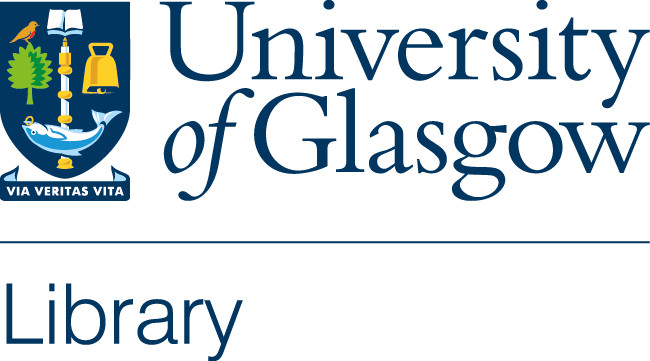About the Project
Copyright inhibits the digitisation of cultural heritage collections. The problem that orphan works pose for heritage memory institutions who want to enable the widest possible engagement with our shared cultural heritage is widely acknowledged. Orphans are works that are in copyright but for which the owner(s) cannot be identified or located. If permissions cannot be secured because rightholders cannot be contacted, institutions may simply avoid socially beneficial uses of these orphans, preferring instead to deal with material for which copyright has expired or is easy to clear. But, when decisions about the digitisation of heritage collections are shaped by the copyright status of the material itself, this skews the digital cultural record.
In the UK, there has been a twin-track approach to the problem of orphan works in the form of a new exception implementing the EU Orphan Works Directive 2012 operating in tandem with the Orphan Works Licencing Scheme (OWLS). The operation of both the exception and the licensing scheme is contingent on conducting a diligent search for every single orphan work to be digitised, regardless of the nature and scale of the project. Various commentators have suggested that the demands of diligent search inhibit the ambitions that institutions may have to engage in mass digitisation of their collections. This project is the first major UK study concerning the concept of diligent search since the Directive and OWLS came into effect.
In this resource, we report findings from a rights clearance simulation on a culturally significant set of unpublished scrapbooks created by Edwin Morgan, the first Scots Makar. Although unpublished, the scrapbooks are replete with orphan material, such as cuttings from newspapers, magazines and books. We conclude that mass digitisation and diligent search are fundamentally incompatible, however light-touch the diligent search obligation might be. In addition, we interrogate the legal and practical requirements of diligent search under both the Directive and OWLS, and explore the necessary role that a risk-managed approach to copyright compliance will continue to play in this domain, regardless of the introduction of the orphan works regime. Finally, we include a suite of resources providing clear, authoritative and practical guidance on a range of issues relevant for institutions engaging in cognate digitisation initiatives.
This is a joint project between CREATe , the University of Glasgow Library and Queen's University Belfast, with the support of the Edwin Morgan Trust.
CREATe projects explore copyright and intellectual property in the creative industries.
Copyright Statement Credits Contact
Please cite this resource as: R. Deazley, K. Patterson and V. Stobo, Digitising the Edwin Morgan Scrapbooks (2017), www.digitisingmorgan.org







